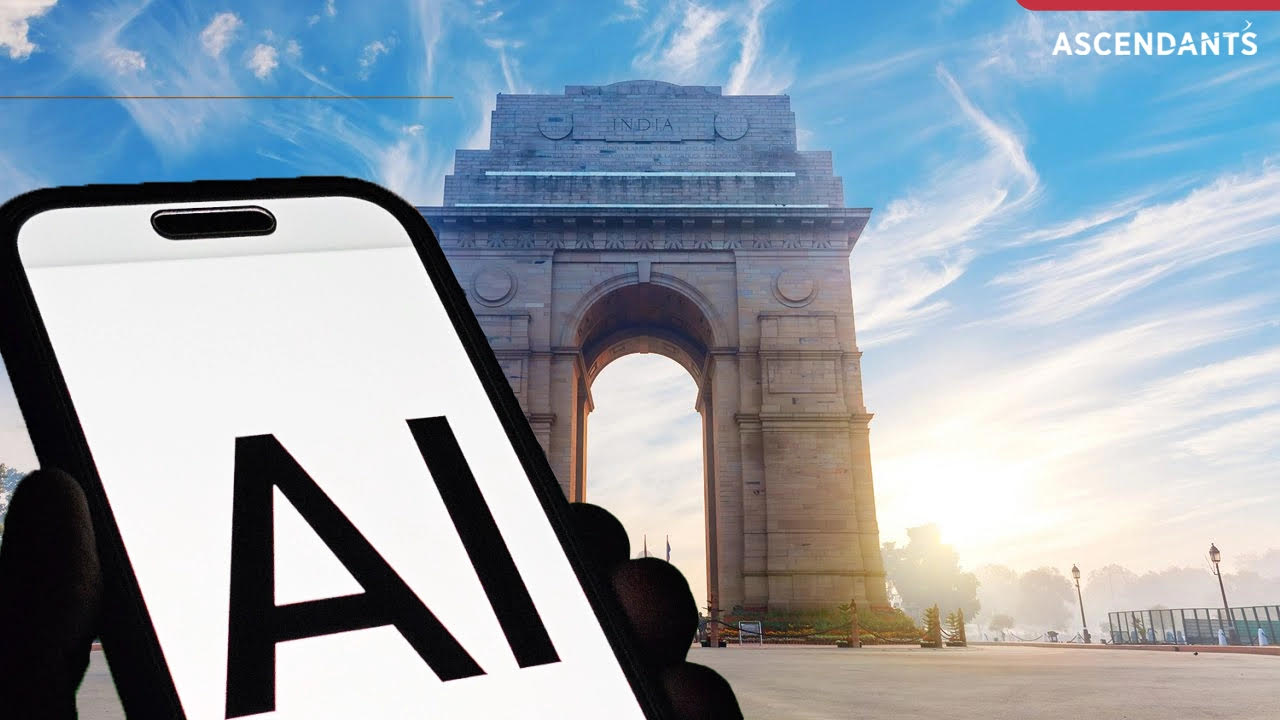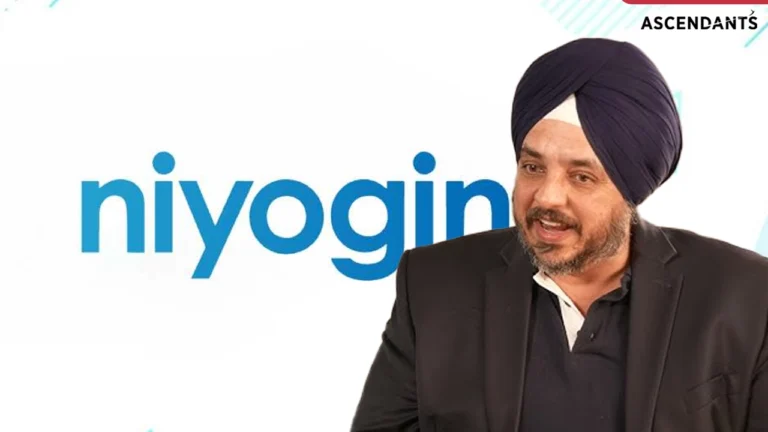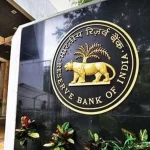Global players like ChatGPT and DeepMind have majorly led the AI space worldwide. However, with its technological advancements, India is now focusing on developing an indigenous AI platform tailored to serve its diverse population and simultaneously competing to become a global leader in the AI space.
Yesterday, Ashwini Vaishnaw, the union IT minister, highlighted India’s vision for AI and announced the strategic steps being taken to develop Indian AI, which will be tailored to meet local and global expectations. But how’s Indian AI shaping up amidst a massive budget being deployed to make platforms like Deep Seek and ChatGPT better and stronger? Let us discuss.
Government’s Vision for Indian AI
The union minister emphasized AI’s potential to transform sectors like healthcare, agriculture and education, with India leveraging its population, languages, and data to develop solutions for local challenges.He highlighted India’s aspiration to become a global AI hub, supported by government initiatives, private investment, and research.
How’s Indian AI Different?
NSAI (National Strategy for Artificial Intelligence), launched in 2018, has a blueprint ready for India’s AI journey. The strategy is centered on four key pillars:
- Sectoral AI Applications: The government plans to use AI technology not only in smart cities but also in critical sectors such as healthcare, agriculture, and education.
- Research & Development: AI has been recognized as the most lucrative markets in India especially owing to the open source availability of content. The AI race internationally has officially begun. From introducing it in schools via extra-curricular programs to having advanced degrees in it, major investments are underway with PPPs (Public Private Partnerships); International Alliances; Subsidized Research and other outreaching mediums.
- AI Talent Development: Expanding the pool of skilled professionals in AI through specialized programs and initiatives. Investor interest in GenAI is also on a sharp rise. As per available data, funding for Indian GenAI startups reached an impressive $760 million in the first half of 2024, marking a significant leap from 2021. This momentum is echoed in the Indian Corporate landscape. The EY CEO Outlook Pulse 2023 report reveals that 84% of Indian CEOs are reallocating budgets or securing fresh capital for GenAI investments—well above the global average of 70%.
- Ethics & Governance: Many newer technological deployments are taking place such as Bitcoin which are legaly fresh waters to navigate., Now with the rise of AI platforms which are questionable in their democratic approach, such as DeepSeek (read our Article on ChatGPT and DeepSeek) which refuses to answer questions on particular regimes etc. Therefore, there is a need for a progressive guideline and its comprehensive deployment. This policy is quintessential to avoid misuse and has functioning parameters to avoid moral and ethical dilemmas.
Budget and Government Support: Investing in Indian AI
The Indian government, under the leadership of Narendra Modi, has shown serious commitment towards the development of Indian AI. PM Modi talked to Bill Gates about how Indian youth take AAI and AI hands-on. The Union Budget of 2023-34 included a whopping ₹3,000 crore (about $400 million) of funds dedicated to AI research, development, and the growth of AI startups.
Taking the mission forward, Ashwini Vaishnaw is also nurturing initiatives like Atal Innovation Mission and AI for All which aim to create a strong AI ecosystem in India.
How Many Users Will Indian AI Platforms Attract?
With over 1.4 Billion people, India is the largest market in the world for technological advancements, including AI. Continuous increases in the number of smartphones and cheap internet in India have helped all sorts of tech platforms flourish. Here’s a projection of how Indian AI platforms and global players like ChatGPT might perform in terms of user base in India:
| AI Platform | Estimated User Base (in Millions) | Key Focus Areas |
|---|---|---|
| ChatGPT (India) | 60-80 | English support, Personalized assistance |
| Deep Seek (India) | 20-30 | Local language search, Regional content |
| Google AI | 100+ | Search, NLP, Smart services |
| Microsoft Azure AI | 50-70 | Cloud AI, Enterprise Solutions |
| Amazon AI | 80-100 | Retail AI, E-commerce, Supply Chain |
| IBM Watson | 20-40 | Business solutions, Healthcare AI |
Challenges and Opportunities for Indian AI
Although India is taking a strong step forward, there will be several challenges to overcome in India’s journey towards becoming a global leader in the AI space.
- Language Diversity: With over 22 official languages and uncountable dialects, regional influence and language will be a major challenge.
- Data Privacy: Ensuring that AI systems comply with stringent data protection and privacy laws will be crucial for the widespread adoption of Indian AI.
- Infrastructure Gaps: While urban areas are embracing AI, rural India still faces challenges in digital infrastructure, which could hinder the full reach of AI solutions.
However, these challenges also present exciting opportunities to innovate and develop AI systems that are inclusive, ethical, and designed specifically for India’s diverse needs.
The Future of Indian AI
Though it is a challenging space, India is making significant efforts to become a global power in AI. While ChatGPT and DeepMind have strongly influenced the Indian population, the entry of China’s DeepSeek has intensified the competition.
In the coming years, AI tools will not only help people solve their day-to-day queries but will also be used as political tools to collect data globally. Therefore, it is crucial for India to develop a tool that can compete with tech giants and emerge as a leader in the AI space.








